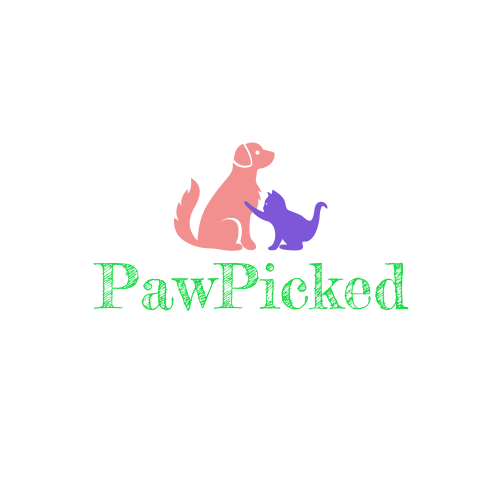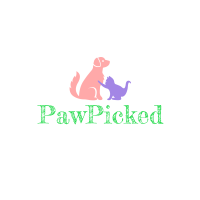Do You Know What You're Feeding Your Pooch? Why Good Dog Food Matters
Written By: Lilith B. Ellen
Imagine eating only stuff like instant ramen noodles or McDonald's every single day. Would you choose to deprive your body of the nutrients it needs to function correctly and keep you healthy? If the answer is no, the next question is, are you letting that happen to your pet? Many people don't know what exactly it is that they're feeding their dog, along with the harmful effects cheap, low-quality dog food can have on their furry friends. Read on to learn more about what adverse health risks poor diets can cause, as well as what ingredients to avoid.
Why low-quality dog food is bad
Cheap, low-quality dog food contains fillers in an attempt to replace natural protein. Those protein-replacing fillers are just empty calories. Over time, they can cause your pet to become obese, deficient in vitamins and minerals, diabetes, and plenty of other health-related issues. In extreme cases, some fillers may even be cancer-causing.
Dog food of low quality also may legally contain D-4 meat. D-4 meat means it comes from the dead, dying, diseased, and disabled. This recycled meat can have leftover farms animal body parts such as beaks and hooves, euthanized dogs and cats, roadkill, or the carcasses of animals that died from disease.
Ingredients to watch out for
When buying your dog's food, always look at the ingredient list carefully. It may contain some terms such as "meat and animal byproducts" and "meat meal." These are what you want to avoid, as they more than likely contain the D-4 meat that above previously explained. Only buy food that names the specific animal from where it comes. Meat is the number one most important thing in your dogs' diet, so it's essential to make sure they're getting the nutrients from it properly.
Other things to look out for in the ingredient list are chemical preservatives such as BHA and BHT, corn (gluten, syrup, or meal), wheat gluten, food dyes, flavor, MSG, or rendered fats. If you're buying a product with salmon, make sure that it says wild-caught salmon and not farmed salmon. Checking where the salmon comes from is vital because farmed salmon may contain PCBs, organic pollutants. Farmed salmon also contains high quantities of antibiotics that can, over time, lead to antibiotic resistance in your dog.
While paying attention to the ingredients on your dogs' bag of food is essential, it is also crucial that when you feed your dog human food, keep in mind certain foods you should avoid. Whether it be a snack or just something in your dog's reach, avoid allowing them to consume these foods, as they could be dangerous or even deadly:
• Foods from Allium plants such as garlic, onion, leeks, and chives
• Soy
• Grapes and raisins
• Chocolate
• The seeds of apples and other fruits
• Milk
• Cinnamon and other spices
• Artificial sweeteners
• Almonds
• Macadamia nuts
• Lemon or lime
• Avocado
Healthy ingredients that you want to see
Ingredients that you want to see on your dog's food bag include meat and meat meal, whole grains, fruits and vegetables, real fats, and vitamins and minerals. Other nutritious foods that can make for healthy snacks, in small amounts, include:
• Potato and sweet potato
• Unsalted cashews and peanuts
• Green beans
• Carrots
• Celery
• Watermelon (without the seeds or rind)
• Blueberries and strawberries
• Bananas
• Oranges
• Air-popped popcorn without any butter or salt
• Eggs cooked all the way through
• Raw, unsalted peanut butter
Conclusion
Keeping your beloved animals healthy and happy is an important responsibility that comes with being a pet owner. Keeping a close eye on ingredients is key to ensuring that your dog gets all the proper nutrients it needs to thrive. Cheap, low-quality foods contain things that are harmful to their health and can even be disease-causing.
For more information on what dog foods are safe and nourishing, you can find plenty of info on the sites dogfoodadvisor.com/best-dog-foods/best-dry-dog-foods/ and akc.org/expert-advice/nutrition/best-dog-food-choosing-whats-right-for-your-dog/.

